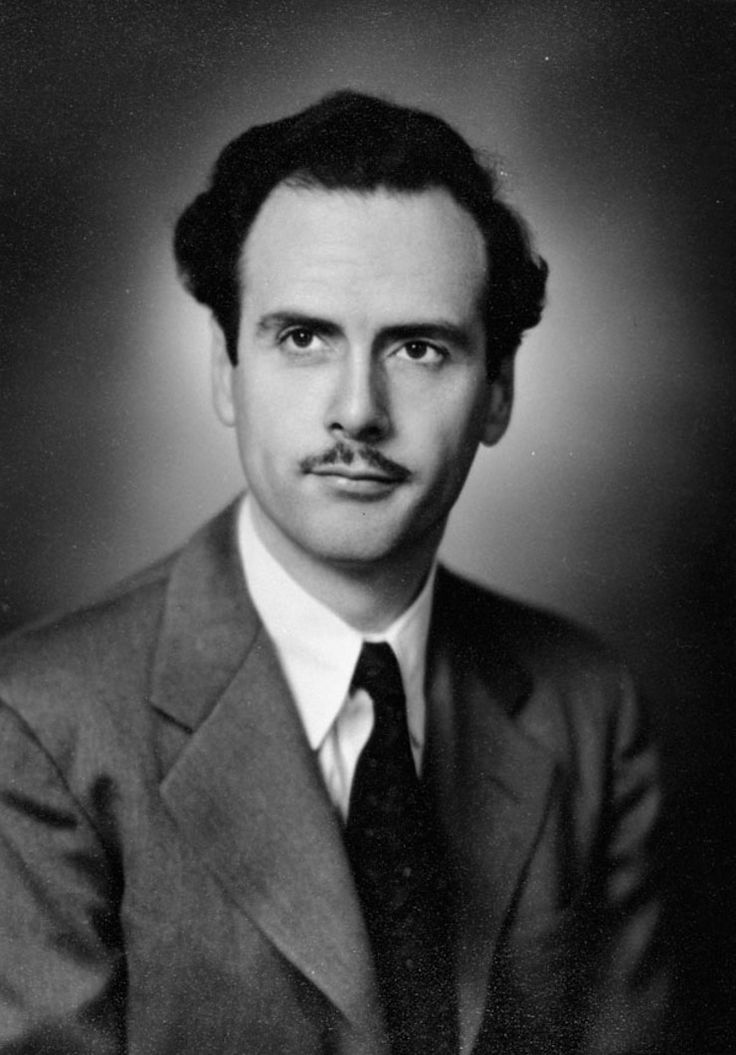The Global Village: Transformations in World Life and Media in the 21st Century
Frases célebres de Herbert Marshall McLuhan
Understanding Media: The Extensions of Man
Fuente: Marshall McLuhan, 40 años después. http://revistachasqui.org/index.php/chasqui/article/view/1516/1543
Fuente: El medio es el mensaje. Volumen 1 de Biblioteca de publicidad y marketing: Serie menor. Autores Marshall McLuhan, Quentin Fiore, Jerome Agel. Traducido por León Mirlas. Edición reimpresa. Editorial Grupo Planeta (GBS), 1988. ISBN 9788475090153.
Fuente: ¿Quién teme a Marshall McLuhan? Lozano, Jorge. Universidad Complutense de Madrid http://www.ucm.es/info/especulo/numero18/mcluhan.html
Fuente: El arte de la guerra electoral: Guía esencial para entender cómo funciona una campaña política. Autores José Adolfo Ibinarriaga, Roberto Trad Hasbun. Editorial Penguin Random House Grupo Editorial México, 2012. ISBN 9786073108553.
“El dinero es la tarjeta de crédito de los pobres.”
Fuente: Temas de empresa, volumen 1. Español con fines específicos. Autores María José Pareja, María José Pareja López. Edición reimpresa. Editorial Edinumen, 2014. ISBN 9788495986696.
Original: «Politics will eventually be replaced by imagery. The politician will be only too happy to abdicate in favor of his image, because the image will be much more powerful than he could ever be».
Fuente: Young, Cecil. One Canada. Edición ilustrada. Editorial Trafford Publishing, 2004. ISBN 9781412022354. p. 153. https://books.google.es/books?id=7kwWE28L1PwC&pg=PA153&dq=Politics+will+eventually+be+replaced+by+imagery.++The+politician+will+be+only+too+happy+to+abdicate++in+favor+of+his+image,+because+the+image+will++be+much+more+powerful+than+he+could+ever+be&hl=es&sa=X&ved=0ahUKEwibuZbO1LHgAhVwDmMBHf5OAmYQ6AEIMzAB#v=onepage&q=Politics%20will%20eventually%20be%20replaced%20by%20imagery.%20%20The%20politician%20will%20be%20only%20too%20happy%20to%20abdicate%20%20in%20favor%20of%20his%20image%2C%20because%20the%20image%20will%20%20be%20much%20more%20powerful%20than%20he%20could%20ever%20be&f=false
Frases de Dios de Herbert Marshall McLuhan
Fuente: ¿Quién teme a Marshall McLuhan? Lozano, Jorge. Universidad Complutense de Madrid http://www.ucm.es/info/especulo/numero18/mcluhan.html
Fuente: ¿Quién teme a Marshall McLuhan? Lozano, Jorge. Universidad Complutense de Madrid http://www.ucm.es/info/especulo/numero18/mcluhan.html
McLuhan, 1977:26-27
Fuente: Marshall McLuhan, 40 años después. http://revistachasqui.org/index.php/chasqui/article/view/1516/1543
Herbert Marshall McLuhan: Frases en inglés
1970s, The Education of Mike McManus, TVOntario, December 28 1977
“Human perception is literally incarnation.”
"Catholic Humanism and Modern Letters", in Christian Humanism in Letters, The McAuley Lectures (1954), p. 49-67
1950s
“At the speed of light there is no sequence; everything happens at the same instant.”
1970s, Tomorrow Show with Tom Snyder (1976)
Fuente: 1970s, From Cliché to Archetype (1970), p.77
“All advertising advertises advertising – no ad has its meaning alone.”
Fuente: 1990s and beyond, The Book of Probes : Marshall McLuhan (2011), p. 145
Fuente: 1990s and beyond, A McLuhan Sourcebook (1995), p. 276
“Language is a sense, like touch. (p. 271)”
1990s and beyond, The Book of Probes : Marshall McLuhan (2011)
“The typographic lore of school children points to the gap between the scribal and typographic man.”
Fuente: 1960s, The Gutenberg Galaxy (1962), p. 103
Fuente: 1980s, Laws of Media: The New Science (with Eric McLuhan) (1988), p. 105
Fuente: 1960s, The Gutenberg Galaxy (1962), p. 223
Fuente: 1980s, Laws of Media: The New Science (with Eric McLuhan) (1988), p. 113
Fuente: 1970s, Take Today : The Executive as Dropout (1972), p. 106
Fuente: 1960s, Understanding Media (1964), p. 267
“The great sixteenth century divorce between art and science came with accelerated calculators.”
Fuente: 1960s, The Gutenberg Galaxy (1962), p. 205
Letter to Clare Westcott, November 26 1975. Letters of Marshall McLuhan, p. 514
1970s
“Metaphor has traditionally been regarded as the matrix and pattern of the figures of speech.”
Fuente: 1980s, Laws of Media: The New Science (with Eric McLuhan) (1988), p. 231
Fuente: 1950s, The Mechanical Bride (1951), p. 21
from a 1960 report to the National Educational Broadcasters Association, quoted in Marshall McLuhan: The Medium and the Messenger by Philip Marchand, p. 148
1960s
“Tactility is the space of the interval; acoustic space is spherical and resonant.”
1980s, Laws of Media: The New Science (with Eric McLuhan) (1988)
“Electricity does not centralize, but decentralizes.”
Fuente: 1960s, Understanding Media (1964), p. 36
“The Homeric hero becomes a split-man as he assumes an individual ego.”
Fuente: 1960s, The Gutenberg Galaxy (1962), p. 58
Fuente: 1960s, The Gutenberg Galaxy (1962), p. 226
Fuente: 1980s, Laws of Media: The New Science (with Eric McLuhan) (1988), p. 127
“Bless advertising art for its pictorial vitality and verbal creativity.”
Fuente: 1960s, Counterblast (1969), p. 18
“There is no individualism in Eastern or oral cultures.”
Fuente: 1980s, Laws of Media: The New Science (with Eric McLuhan) (1988), p. 60
“Mass man is a phenomenon of electric speed, not of physical quantity.”
Access, Issues 165-176, National Citizens Committee for Broadcasting, 1984, p. xxiii
1980s
Fuente: 1960s, Understanding Media (1964), p. 204
